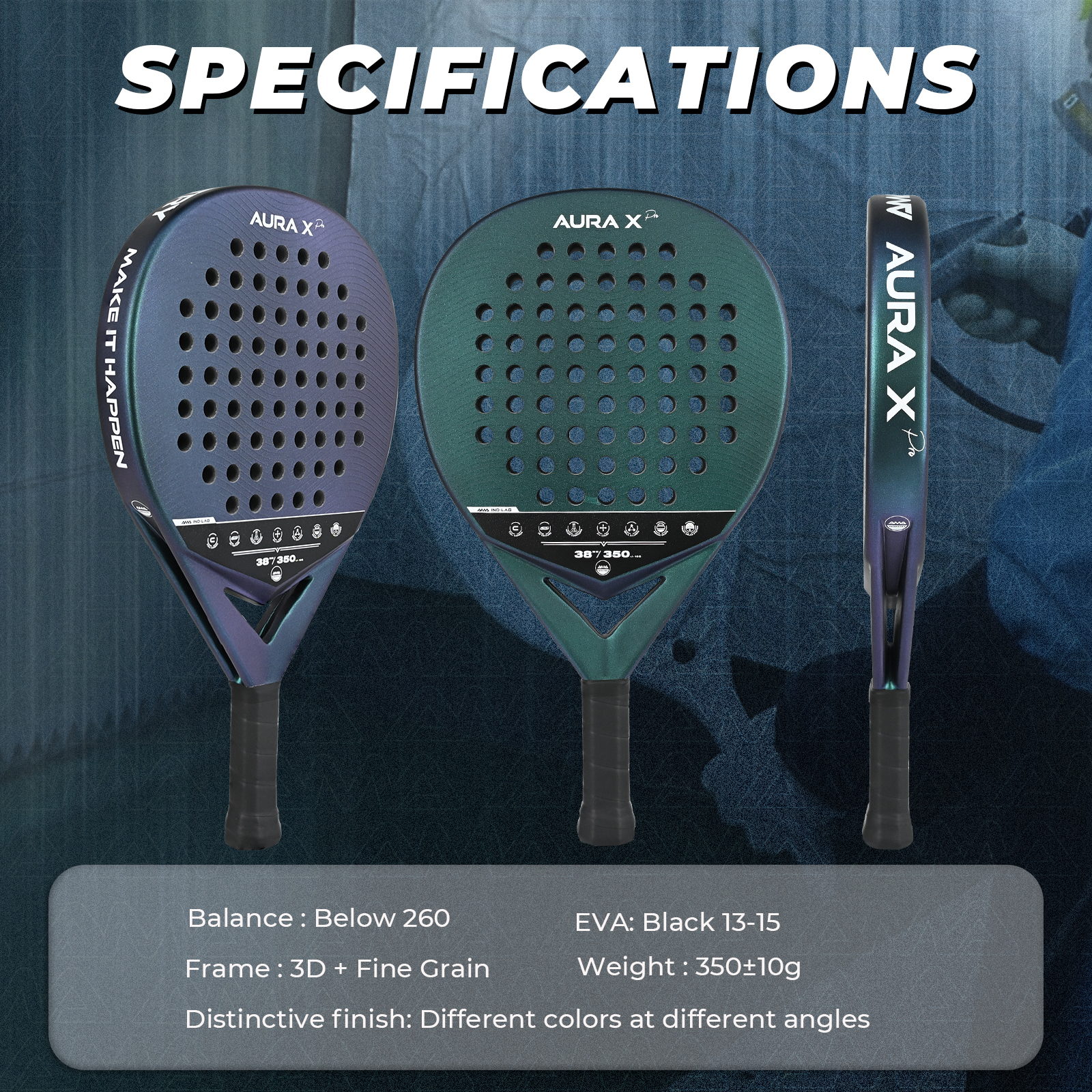Wearing a football sports mouthguard is essential for protecting your teeth and mouth during play. Here are the steps to correctly wear a football mouthguard:
Choose the Right Mouthguard:
-
There are three main types of mouthguards: stock mouthguards, boil-and-bite mouthguards, and custom-made mouthguards.
-
Custom-made mouthguards are the best option as they are designed to fit your teeth precisely, providing the most protection and comfort.
Clean Your Hands:
-
Before handling the mouthguard, make sure your hands are clean to prevent any contamination.
Prepare the Mouthguard:
-
If you have a boil-and-bite mouthguard, follow the manufacturer's instructions to soften it in hot water and then mold it to your teeth by biting down on it. This typically involves biting down for several seconds and then cooling it in cold water.
-
Custom-made mouthguards are already prepared to fit your teeth, so you can skip this step.
Inserting the Mouthguard:
-
Open your mouth and use your fingers to gently pull back your lips.
-
Insert the mouthguard into your mouth, placing it over your upper teeth. It should cover your upper teeth entirely.
-
Make sure the mouthguard fits snugly against your teeth and feels comfortable.
Bite Down and Adjust:
-
If you have a boil-and-bite mouthguard, bite down gently on it to ensure it molds to your teeth properly.
-
If there are any rough or uncomfortable edges, you can trim them carefully with scissors, following the manufacturer's guidelines.
Check for Proper Fit:
-
The mouthguard should cover your upper teeth without being too loose or too tight.
-
It should not obstruct your breathing or speech, and you should be able to close your mouth comfortably.
Test It Out:
-
Practice talking, breathing, and closing your mouth while wearing the mouthguard to ensure it doesn't cause discomfort or interfere with your performance.
Maintenance and Care:
-
After each use, rinse the mouthguard with cool water or mouthwash to clean it.
-
Keep it in a protective case when not in use to prevent damage and contamination.
-
Regularly inspect the mouthguard for signs of wear and tear and replace it if necessary.
Remember that a well-fitted mouthguard is crucial for protecting your teeth and preventing injuries while playing football. If you have any doubts about the fit or condition of your mouthguard, consult with a dentist or sports equipment professional for guidance.
Oxygen
beckyxh2275@gmail.com


